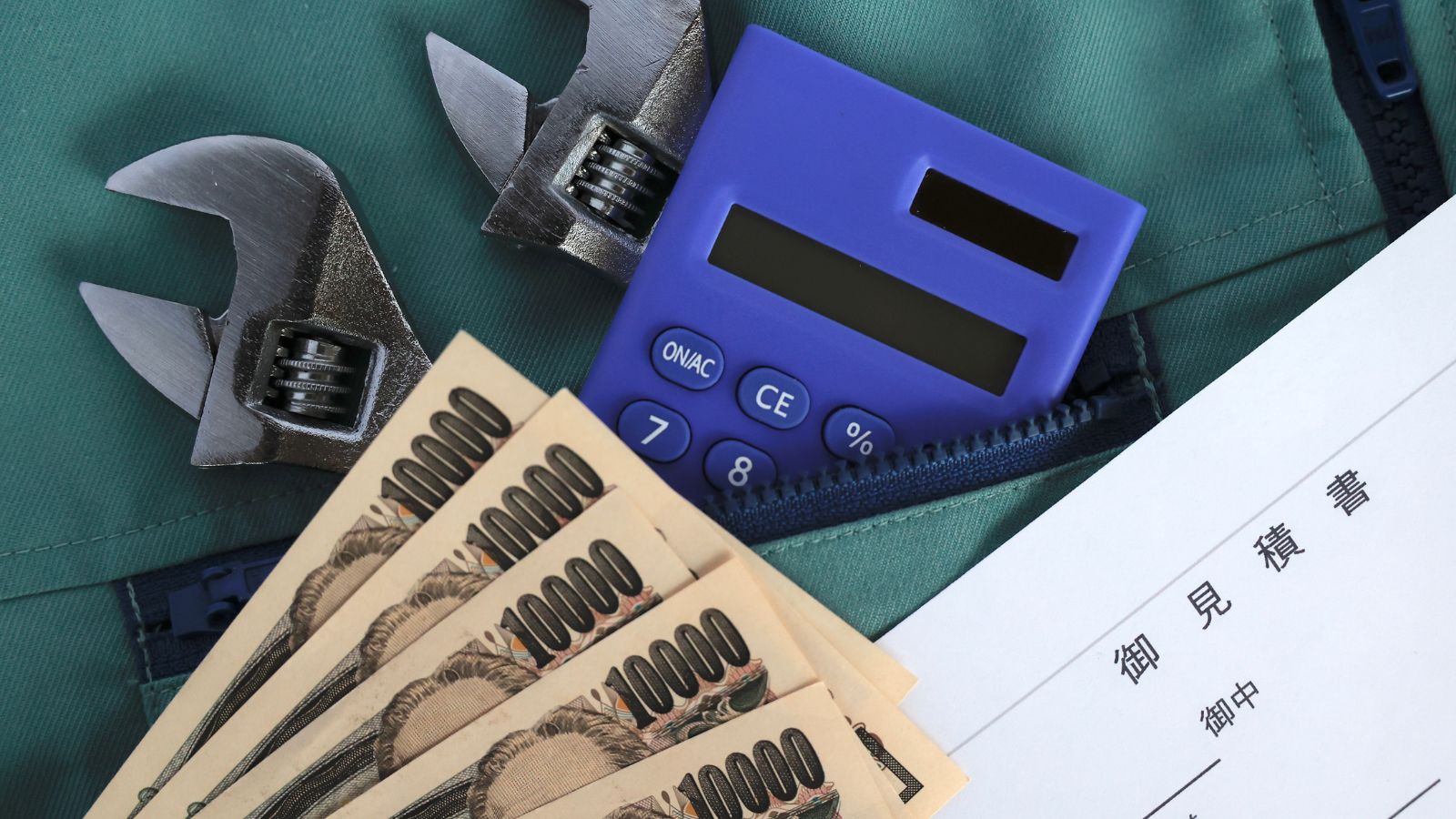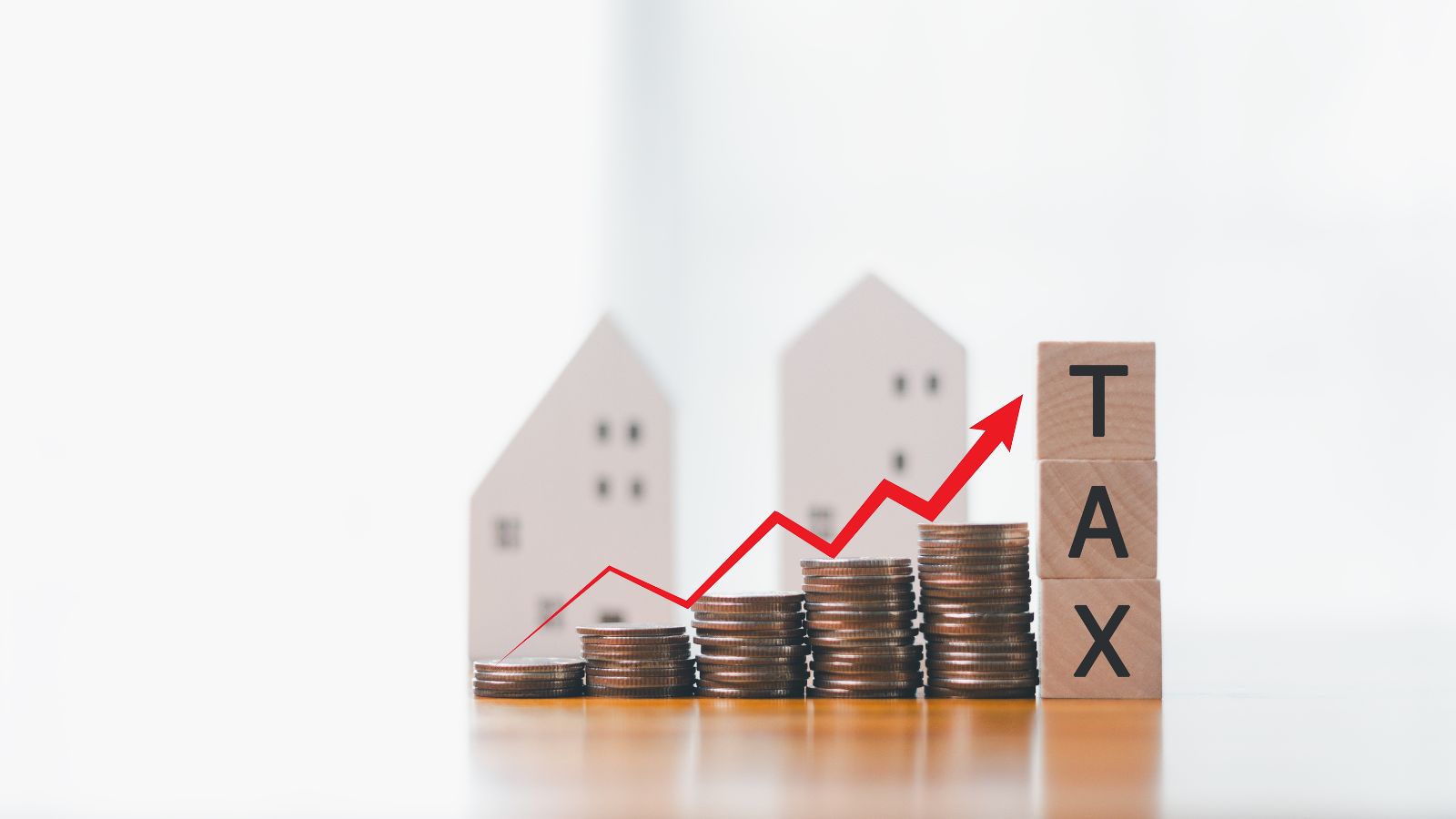When you retire, you should be able to enjoy the results of your lifetime of work in a peaceful and secure financial environment. However, inflation is a silent but persistent menace that can sabotage your well-laid strategies. Inflation can have disastrous consequences on your retirement funds, reducing your purchasing power and depleting your resources, even though it may appear slow and innocuous. If you don’t prepare ahead, you may find that you need more money to pay for even the most basic necessities as costs rise.
Weak Purchasing Power

The loss of purchasing power is one of inflation’s most obvious and detrimental effects. If you save a dollar now, it might not be worth as much when using it in retirement. You may need far more money than you had budgeted to maintain your present standard of living if you haven’t factored in the consequences of inflation in your retirement plan.
Rising Prices for Necessary Goods

During periods of inflation, the costs of necessities such as food, gas, and utilities are frequently the first to increase. You’ll have to spend more money to cover your essential demands as these things get more expensive. If you don’t plan ahead enough, the growing cost of daily needs can soon deplete your saved funds.
Soaring Costs of Healthcare

One of the largest costs for seniors is healthcare, which is regrettably also one of the areas most susceptible to inflation. For several years, the increase in medical expenses has exceeded the overall inflation rate, and this pattern is anticipated to persist. Healthcare expenses can significantly impact your retirement savings, regardless of whether you require frequent doctor visits, prescription drugs, or more extensive medical procedures.
Degrading Sources of Fixed Income

In retirement, depending on fixed income sources like pensions or fixed-rate annuities may expose you to the negative consequences of inflation. These payments don’t change, but when living expenses rise, so does their value. If your income doesn’t match inflation, you may struggle to cover your essential living costs.
Interest Rates on Savings Fall Short

A large number of pensioners finance their retirement with interest from savings accounts or fixed-income investments. Nevertheless, interest rates in these accounts frequently fall short of inflation. Your financial stability will decrease over time if the rate of inflation surpasses the interest you earn on your investments.
Insufficient Social Security Adjustments

Cost-of-living adjustments are a feature of Social Security benefits that shield pensioners from inflation. These modifications, nevertheless, are frequently insufficient to offset the real rise in living costs. Retirees’ purchasing power declines as a result of housing, healthcare, and other essential costs rising more quickly than COLA increases.
Growing Property Taxes or Rent

Inflation can have an impact on housing costs regardless of ownership or rental status. Inflation-related increases in rent are expected, and even if you own your house, you may still have to pay more for maintenance, insurance, and property taxes. If housing costs rise faster than your retirement income, you may be forced to downsize or make other lifestyle adjustments.
Increased Travel and Recreational Expenses

Many retirees anticipate traveling and engaging in leisure activities during their golden years. Regrettably, inflation may make these goals unattainable. Increasing hotel, travel, and entertainment expenses can severely cut into your retirement funds for leisure and enjoyment.
Reduced Yields on Bonds

Bonds are a popular investment option for retirees looking for steady, low-risk returns. However, the real yield on bonds can be lowered by inflation, especially if you own fixed-rate bonds. You could not receive enough income from your bond investments to cover your living needs if inflation exceeds the interest rate you are earning.
Raising Utility and Energy Costs

Pensioners may have to pay more each month for heating, cooling, and other household utilities as a result of inflation driving up the price of gasoline, electricity, and other necessities. Energy costs are frequently erratic and can increase dramatically during periods of inflation. A set retirement budget may be further strained. As a result, seniors must make additional savings or sacrifice other spending to pay for these necessities.
Reduced Cash Savings Value

A problem arises for retirees with sizable cash holdings in savings accounts during inflation. Even though cash is frequently seen as a safe asset, its value decreases as inflation increases. As prices rise, the amount you have saved for retirement will purchase less, making it more difficult to extend your savings over time.
Delayed Retirement Age

Certain people may be forced to postpone their retirement due to inflation. Your savings account may not be large enough to cover your expected expenses in the future if they don’t grow quickly enough to keep up with inflation. In this situation, you might have to work later than you had intended in order to have a decent retirement.
Voluntary Returns in the Stock Market

The stock market carries dangers in addition to potential profits that are higher than those of other investments. Increased market volatility due to inflation may have an impact on your retirement portfolio, which primarily consists of stocks. Long-term returns on stocks may exceed those of inflation, but short-term volatility may jeopardize the stability of your investments, particularly if you need to take withdrawals during a slump.
Volatile Foreign Investments

International markets are a popular choice for retirees looking to diversify their holdings. However, global markets may be affected by inflation in different ways, and exchange rate fluctuations may complicate matters. Your foreign investments may lose value due to inflation in another nation, giving you less money than you anticipated.
Increasing Debt Interest Rates

Generally, inflation raises interest rates, which makes any debt you have when you retire more expensive. Your monthly payments for credit card debt, personal loans, and mortgages will increase due to rising interest rates. This can leave you with less discretionary income to cover other bills, eroding your retirement funds faster than intended.
Unexpected Medical Expenses

It is more difficult to save for emergencies when there is substantial inflation, and unforeseen event costs might increase significantly during these times. The money you’ve set aside for emergencies may not be sufficient for a medical emergency, auto repair, or home maintenance issue.
Instability of Pension Plans

It is hardly a given that pension plans will keep up with inflation. Inflation may harm the plan’s capacity to pay promised benefits if your pension is dependent on the financial stability of a particular business or sector. Retirees may have a smaller-than-expected income stream from underfunded or inflation-adjusted pensions, endangering their financial security.
In Nutshell

Inflation is a simple but powerful force that can significantly impact your retirement funds. It can be simple to ignore inflation’s long-term consequences when making future plans, but doing so could leave you unprepared for growing expenses. Wide-ranging and potentially disastrous, the effects of inflation range from declining purchasing power to rising healthcare costs.
18 Reasons Why People Are Leaving Florida in Masses

Exploring factors that impact the desirability of living in Florida, this list delves into various challenges shaping residents’ experiences. From environmental concerns like rising sea levels to economic factors such as fluctuating job markets, these issues collectively contribute to a nuanced understanding of the state’s appeal.
18 Reasons Why People Are Leaving Florida in Masses
